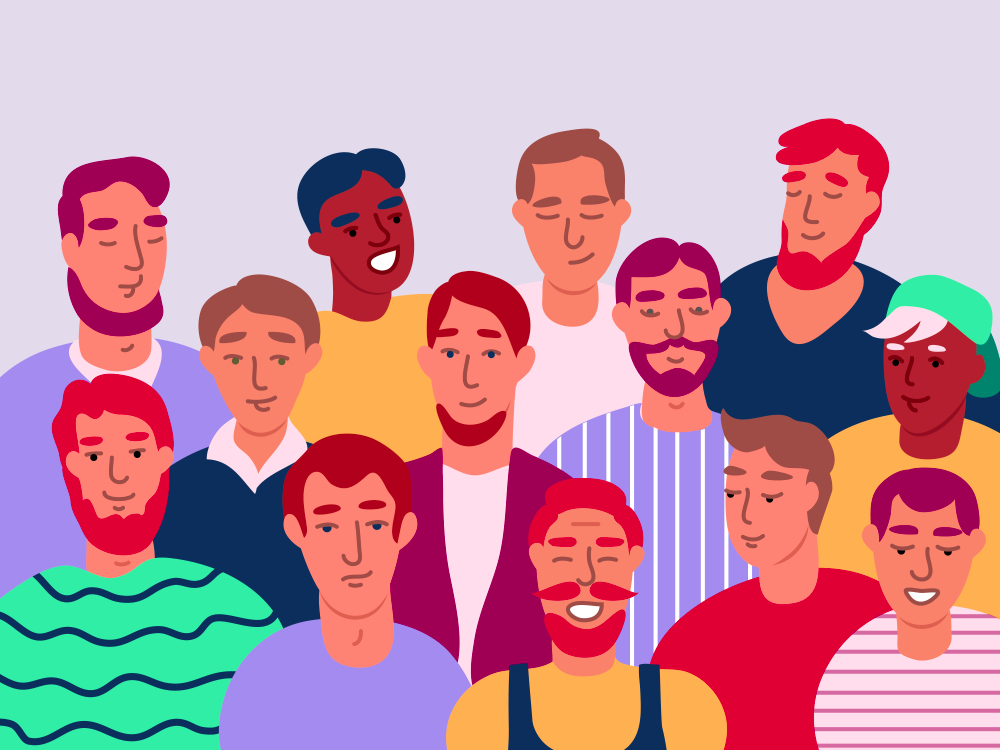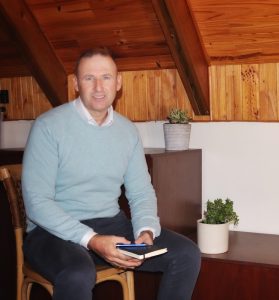
More diversity, including gender diversity as well as other minority groups, is crucial to building a collaborative and innovative team.
In traditionally male dominated sectors and spaces, allyship from men that is focussed on improving gender diversity is key to long term success. Male allies should focus on being advocates for change and champions of diverse thinking. So, what is an ally? In short, it is someone who uses their power, position and privilege to advocate for others. On International Men’s Day, now is the perfect time for men to reflect on how they can utilise their privilege to move towards a more equal future.
Although the conversation around equity for women is often focused on actions and techniques women can employ to adapt in a male-dominated space, the effort to improve gender diversity within our workforce is not a women-only issue. Male-dominated industries and occupations are particularly vulnerable to reinforcing masculine stereotypes that make it even more difficult for women to excel. With my background in the marine offshore sector, I have experienced this first hand.
Quite a few years back we were supporting a large client in Nigeria with geophysical survey work and together with my team we attended the kick-off meeting on a barge in the port. A question regarding data provision was directed at me by the Senior Offshore Supervisor, although my female colleague was the data specialist on our team. Despite her expertly answering the question, follow up questions were again directed at myself. I emphasised again that she was the specialist and reiterated her skill and expertise. The Supervisor then apologised and corrected his mistake.
In male dominated spaces, it’s crucial that men speak out in these scenarios, and do so in the moment. When male colleagues express support for gender equality in a very visible and public manner, women feel more supported and anticipate less hostility at work. And that is why male allyship can add significantly to changing the workplace culture. We’ve come a long way in the offshore sector in steadily striving for a more diverse and equal workforce, but there’s always more that can be done.
Diversity equals strength – a team, organisation or industry built around people who all look, think and act the same or have a similar skillset is not going to be a particularly innovative or resilient one. Striving for equality, including gender equality, is a vital component of building the best workforce of the future. However, more importantly, it is also the right thing to do.
 Jaco Stemmet, Fugro Director Africa
Jaco Stemmet, Fugro Director Africa
Growing up in a coastal town, I knew my future was tied to the ocean and so I started my career as a Naval Officer. After spending a year as a naval exchange officer with the French Navy, I entered the Hydrographic Service and qualified as an IHO Category A surveyor through Plymouth University.
Since joining Fugro in 2006 as an offshore surveyor, I have taken part in and managed many geophysical, geotechnical, hydrographic, seismic, and positioning and construction support projects. I have held various management positions in African countries such as Angola, Congo and Nigeria, all of which prepared me for my current role as Fugro’s Director Africa, based in Cape Town, South Africa.
